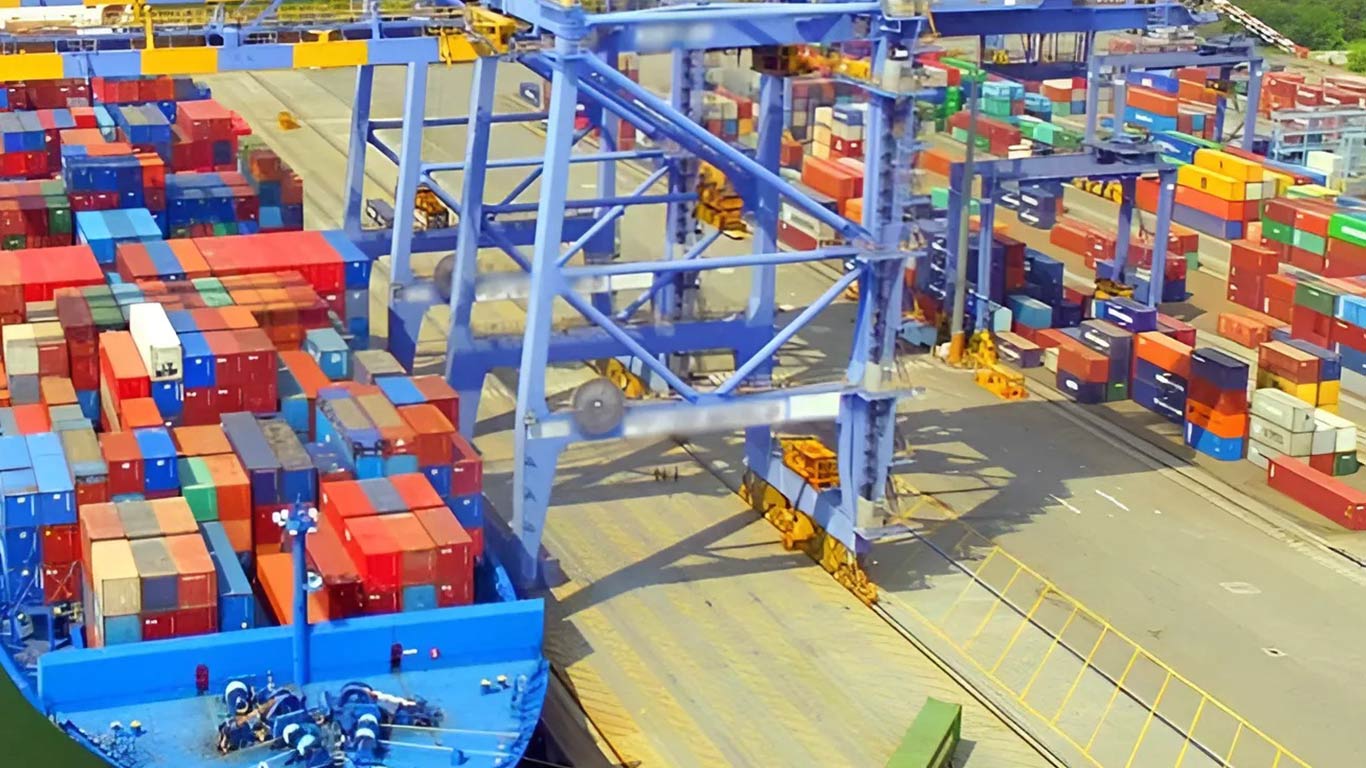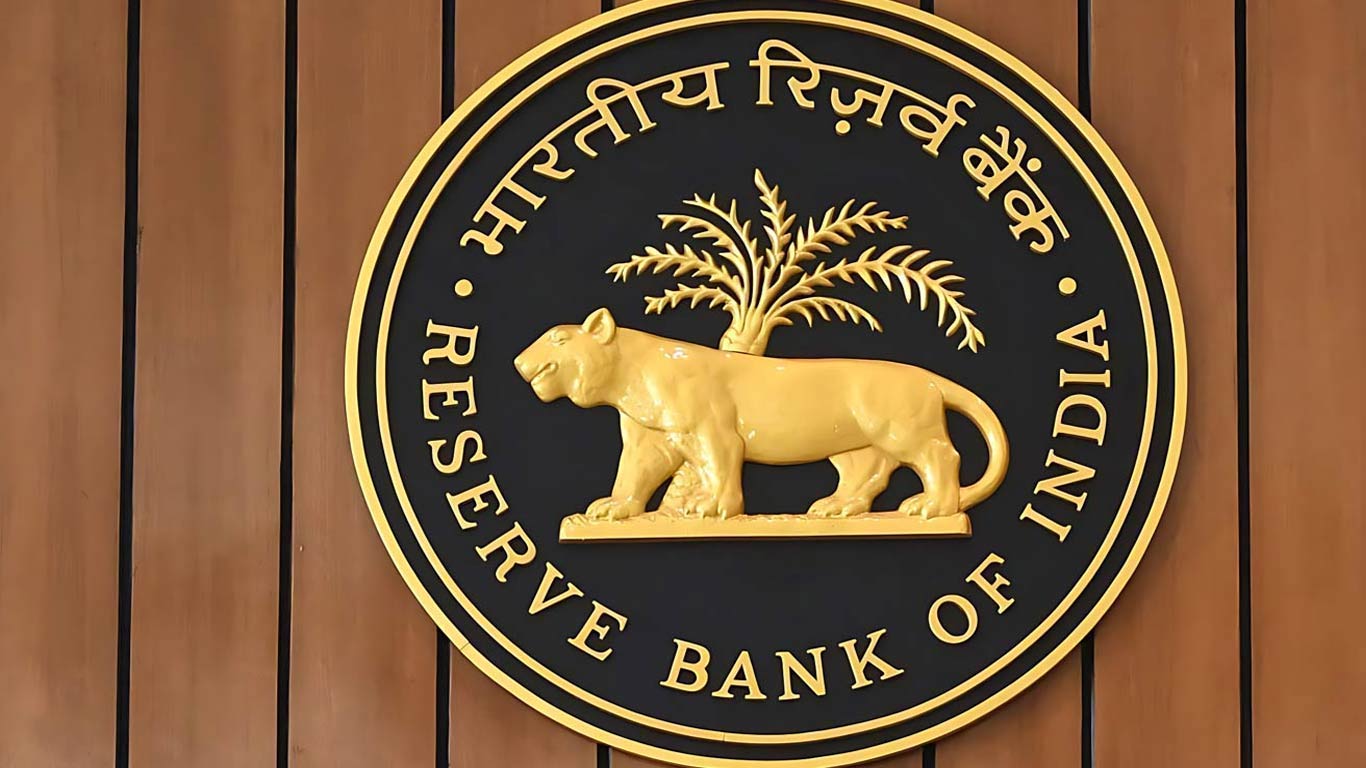FDI in multi-brand retail: States can attach more strings; spirit dampened
Updated: Jun 14, 2013 12:48:23pm

“The FDI policy in MBRT (multi-brand retail trade) is subject to the applicable State/Union Territory laws/ regulations. The State Governments have the prerogative of imposing additional conditions accordingly,” said the latest clarification issued by the Department of Industrial Policy and Promotion (DIPP), the nodal ministry for the foreign investment policy.
However, the issue whether the ‘small industry’ can be considered to be fulfilling the 30 per cent sourcing requirement if the same unit outgrows the threshold of being the small enterprise, is still open. “If so, till what period?” is the question still being debated in the government.
On several other demands for easing the norms, the DIPP has not accommodated the prospective global chains, who are expected to slow their entry into India as several states, mostly ruled by the non-Congress governments like Uttar Pradesh, West Bengal, Madhya Pradesh and Punjab, have not yet allowed entry of MBRT on concerns of job displacement.
According to the latest DIPP clarifications, the 30 per cent sourcing from the micro and small enterprises (MSMEs) will be reckoned only with reference to the front-end stores.
“As such a multi-brand retailing cannot engage in any other form of distribution,” it was stated.
Moreover, the products procured from farmers like fresh vegetables cannot be considered to be meeting the 30 per cent sourcing requirement from the small units. The sourcing has to be of the manufactured or processed products.
Simply put, retailers like Walmart which has forged a cash and carry joint venture with the Bharti group will not be able to leverage existing business for meeting any of the norms if it wants to get into the front-end business.
What is even tougher is the fact that it would not be able to buy out the existing back-end infrastructure companies for meeting the investment requirement, which has to be additional. No backward, forward linkages would be allowed between the front-end retail firms and those running the wholesale business even if they belong to the same group.
“Both the businesses have to be kept separate through different entities,” the DIPP said.
Of the USD 100 minimum investment required by the global chains, half of it has to be in the back-end.
There is also no possibility of foreign retailers carrying out business in a non-FDI state through franchisees. (KNN)











